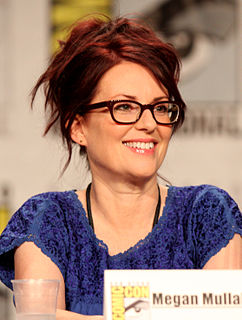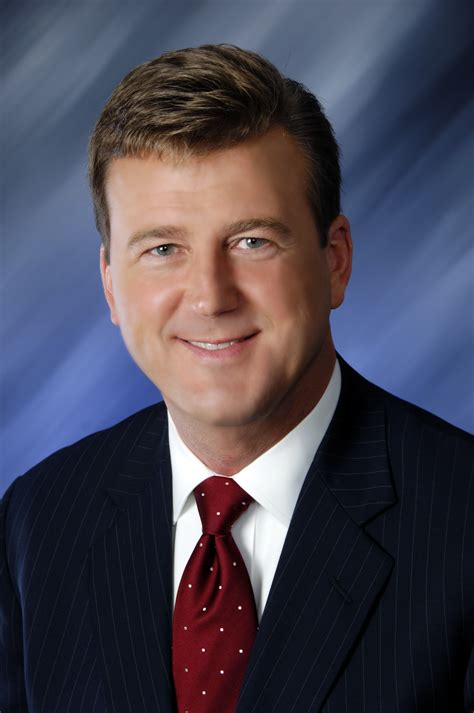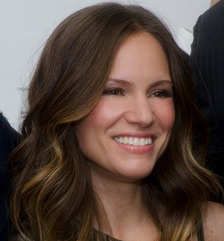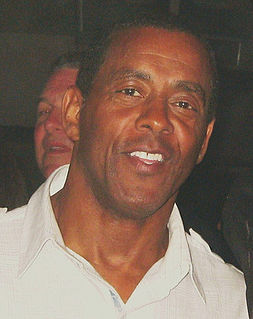A Quote by Sophie Turner
When I was growing up, I always saw Karen Millen as a resource for women who were a bit older.
Related Quotes
It just struck me as really odd that there were all of these conversations going on about what young women were up to. Were young women having too much sex? Were young women politically apathetic? Are young women socially engaged or not? And whenever these conversations were happening, they were mostly happening by older women and by older feminists. And maybe there would be a younger woman quoted every once in a while, but we weren't really a central part of that conversation. We weren't really being allowed to speak on our own behalf.
What I saw over all that time were so many deals disappearing and producers disappearing, fewer movies getting made, and it just being a bit more difficult. Working with Joel, we were in a bit of a bubble because he was always making things that were working for the studio and that kind of thing. We were always in production on something.
There were a lot of different things [in The Women's Room ]. I don't really want to summarize it in this way. It's about a woman's awakening, a woman who came of age in the '50s and is a teenager - actually, she's a little bit older - in the '60s and part of the women's movement and how she ends up there.
I came to realize that I was always looking for myself in the women I loved. I looked at their lovely, clean faces, and saw myself reflected in them. They, on the other hand, looked at me and saw the dirt on my face and, however intelligent and self confident they were, they ended up seeing themselves reflected in me and thinking that they were worse than they were. Please don't let that happen to you.
I was a young feminist in the '70s. Feminism saved my life. It gave me a life. But I saw how so much of what people were saying was not matching up with what they were doing. For example, we were talking about sister solidarity, and women were putting each other down. We were talking about standing up for our rights, and women weren't leaving abusive relationships with men. There were just so many disconnects.
I've always had gender confusion. I had two older brothers, and I've been predominantly male influenced. I really always looked up to my dad, really always looked up to my brothers... I had a lot of male friends growing up. It didn't help that in my town, where I lived, there were no female musicians.



































